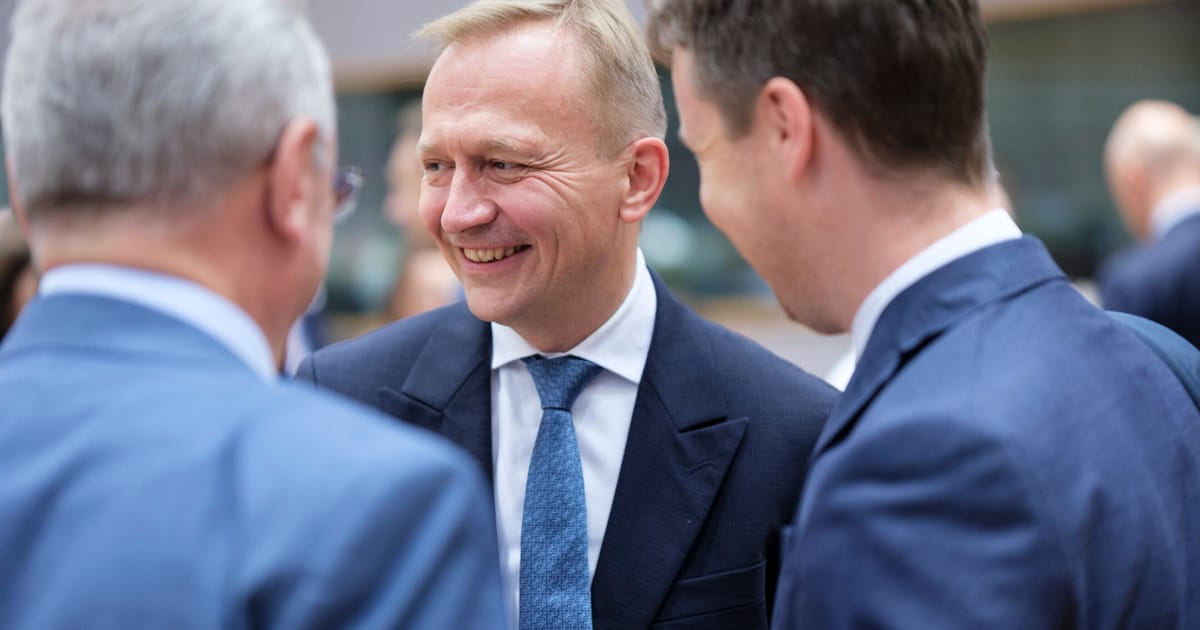

In the ever-evolving tapestry of European politics and global media, recent developments offer insights into the changing priorities and challenges faced by both governance and communication sectors. The European Union’s latest budget discussions have brought to the forefront a new allocation strategy that emphasizes regional needs and development. Meanwhile, in a seemingly parallel narrative, the shifting landscape of global journalism marks a pivotal transition as legacy media outlets adjust to new realities.
The European Union has unveiled fresh national and regional partnership plans aimed at fostering growth and sustainability across member states. Poland stands as a significant beneficiary, poised to receive the largest share from a comprehensive package that includes regional, agricultural, and migration funds. This move underscores a strategic focus on addressing localized challenges and cultivating an environment of shared progress within the EU. Such funding aims to invigorate regional economies, enhance agricultural efficiency, and manage migration in ways that promote harmony and solidarity.
Berlin’s reaction to this distribution has been one of caution, reflecting concerns over the implications of budget allocations on broader European unity and fiscal responsibility. Germany’s measured response highlights the nuanced balance between national interests and collective European priorities, a theme that continues to shape policy dialogue across the continent. As these discussions unfold, they illuminate the intricate dynamics of cooperation and competition within the EU, reinforcing the importance of dialogue and collaboration in achieving shared goals.
As Europe navigates these budgetary negotiations, the media landscape is concurrently undergoing significant transformation. The closure of Al Jazeera in the Balkans signifies not merely the end of a respected regional broadcaster but also heralds the onset of what some are calling a post-journalism era. This phase is characterized by shifts in how news is consumed and delivered, with digital platforms increasingly becoming the primary source for information dissemination. These changes are reshaping the press’s role in supporting informed citizenry and democratic discourse.
The closure of established media entities highlights broader challenges facing journalism today, including financial sustainability and the quest for credibility amidst a dense landscape of digital content. As traditional models contend with evolving consumer preferences and technological advancements, the essential function of journalism—to inform, educate, and empower—remains steadfast. The ongoing adaptation of media outlets to these changes is crucial in preserving the integrity and vitality of global democracy.
In both the spheres of European budgetary policy and media evolution, the underlying themes of adaptation and collaboration emerge as pivotal. Whether through strategic financial partnerships aimed at fostering regional development or through the reimagining of journalistic practices, these sectors continue to navigate complexities with resilience and innovation. As such, the stories of budget allocations and media transformations intertwine, illustrating an overarching narrative of evolution and interconnectedness in an ever-changing world.
Source: {link}
